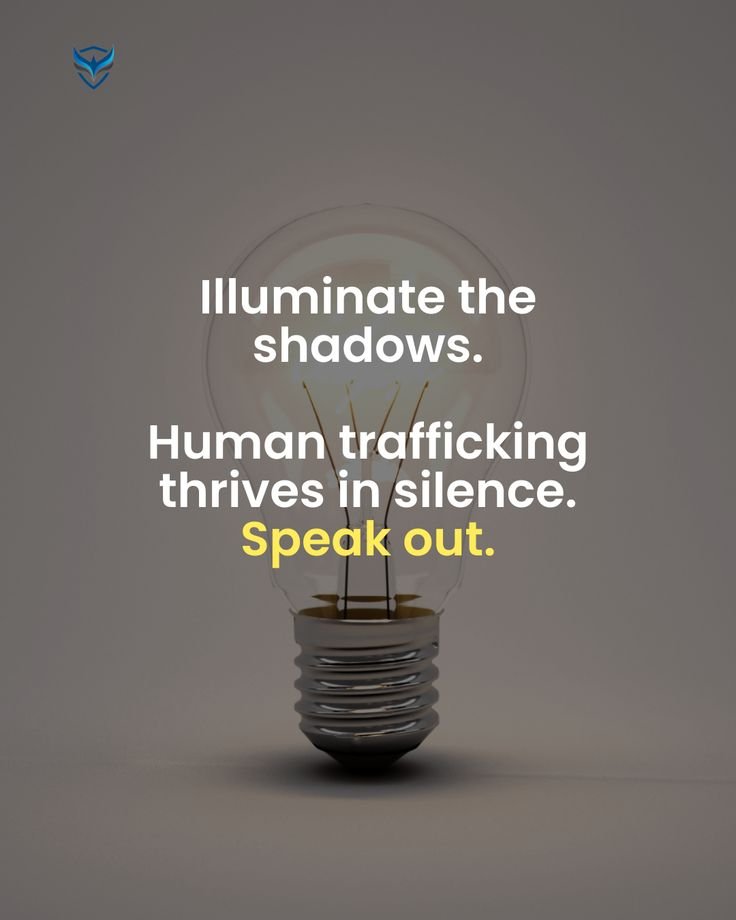Human Trafficking in Georgia
Human trafficking is a severe and heartbreaking crisis affecting millions worldwide, and it’s not just an issue in faraway places. The reality is that human trafficking is happening in our communities, including here in Georgia. By understanding the scope of the problem and recognizing the signs, we can all play a part in combating this hidden epidemic.
Shocking Statistics: Human Trafficking in Georgia
Human trafficking is a form of modern-day slavery involving the use of force, fraud, or coercion to exploit people for labor or sex. In Georgia, the numbers are especially alarming:
Georgia consistently ranks among the top states in the U.S. for human trafficking activity—mainly due to its bustling interstate highways, international airport, and extensive tourism industry, which make it a hub for traffickers.
In 2022 alone, nearly 400 cases of human trafficking were reported through the National Human Trafficking Hotline. However, experts warn that these numbers likely represent only a fraction of the actual cases, as many instances go unreported or are misidentified.
The majority of victims are young women and children, often under the age of 18, who are trafficked for sexual exploitation, forced labor, or both.
Atlanta—with its position as a central transportation hub—is considered one of the primary hotspots for trafficking activity in the southeastern United States.
Human trafficking isn’t confined to big cities; it occurs in both urban and rural communities throughout Georgia. The victims could be anyone—children from vulnerable backgrounds, teenagers, immigrants, or people facing difficult financial situations.
Recognizing the Signs of Human Trafficking
One of the most crucial steps we can take in fighting human trafficking is recognizing the signs. Traffickers often exert extreme control over their victims, and this can manifest in several ways. Here are some common indicators that someone may be a victim of human trafficking:
Signs of physical abuse such as bruises, cuts, or other injuries.
Restricted freedom or movement—victims are often closely monitored or seem unable to come and go freely.
Lack of personal identification—they may have no ID or legal documents, as traffickers often confiscate these to control their victims.
Poor working or living conditions—many victims work excessively long hours and are often denied necessities, such as food, sleep, or medical care.
Fear, anxiety, or distrust—victims may exhibit signs of severe distress, avoid eye contact, or show extreme submission.
If you notice these signs, trust your instincts and act. Reporting suspicious behavior can be a critical first step in saving someone from a potentially life-threatening situation.
How You Can Help
Human trafficking is a multifaceted issue that requires a community-wide approach. We can make a difference by increasing awareness, reporting suspicious activity, and supporting survivors. Here’s how you can help:
Educate Yourself and Spread Awareness
Understanding the realities of human trafficking is the first step in fighting it. Share information with friends, family, and coworkers to help others recognize the signs. Social media is a powerful tool for raising awareness. It can share facts, stories, and resources about trafficking in Georgia and nationwide.
Report Suspicious Activity
If you suspect someone is a victim of human trafficking, don’t hesitate to report it. Contact the National Human Trafficking Hotline at 1-888-373-7888 or text “HELP” to 233733. This hotline is available 24/7 and provides confidential support for victims and those seeking to report suspected cases.
Support Local Organizations
Georgia is home to several organizations that work tirelessly to combat trafficking, support survivors, and raise awareness. Consider supporting these groups by donating, volunteering, or simply sharing their message:
Georgia Cares: This organization provides resources and support for victims of human trafficking in Georgia, helping survivors reclaim their lives.
Out of Darkness: A nonprofit dedicated to rescuing and restoring victims of trafficking, offering crisis intervention, safe housing, and advocacy.
Engage with Local Lawmakers
Advocating for stronger laws and resources to combat human trafficking in Georgia can make a difference. Many legislators are committed to addressing this issue, but public support is essential. Contact your local representatives to express your support for anti-trafficking legislation and resources for victims.
Moving Forward Together
Human trafficking is a deeply disturbing and complex issue, but as a community, we can make a difference. By educating ourselves, recognizing the signs, and supporting the fight against trafficking, we can help protect vulnerable individuals and make Georgia a safer place for everyone.
Every action counts, whether reporting a suspicious situation, volunteering with a local organization, or sharing information to raise awareness. Together, we can bring this hidden crisis out of the shadows and work toward a future free from human trafficking.
If you or someone you know may be a victim of human trafficking, please contact the National Human Trafficking Hotline at 1-888-373-7888 for immediate assistance.
